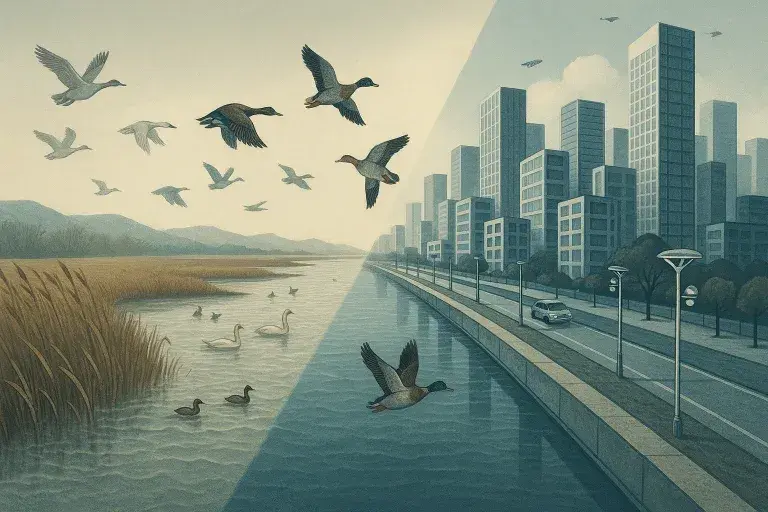From the Editor-in-Chief
"Steering Breeze in Busan towards a future of uncompromising journalism. We believe truth is the cornerstone of a thriving community."
Defining Our Editorial Mission
As the publisher of Breeze in Busan, my role is to cultivate a newsroom culture dedicated to the highest standards of journalistic excellence.
We focus on Busan not just as a location, but as a dynamic narrative of policy, commerce, and culture. In an era of fleeting attention spans, we choose to slow down and dig deeper.
“Our mission is simple: to deliver journalism that empowers citizens, fosters accountability, and illuminates the stories that shape our collective future.”
We invite our readers to engage with us, to challenge us, and to be part of an informed community that demands transparency and values substantive discourse.








